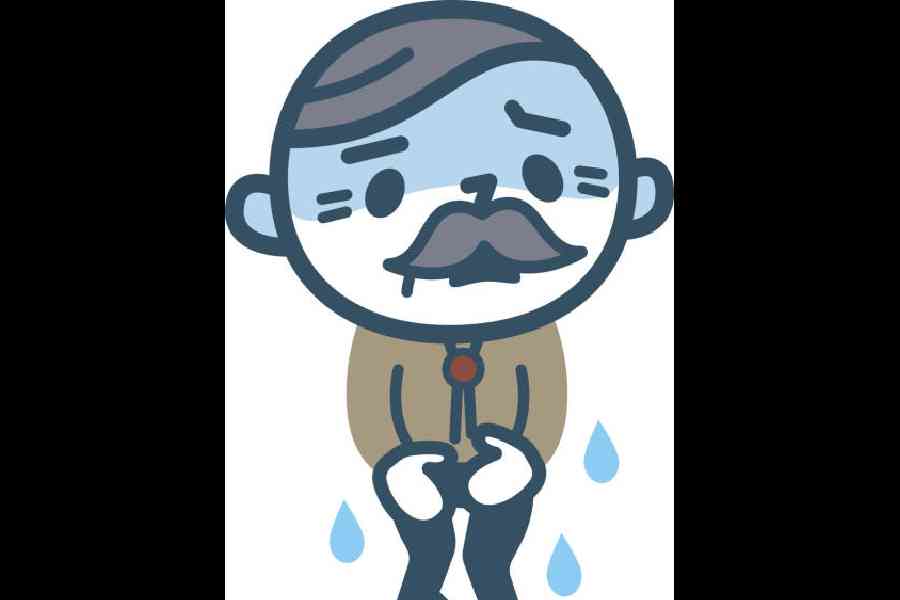There is something about crossing the landmark age of 50 years. It seems to be the biological age at which men and women develop problems with their reproductive organs.
In women, the uterus either stops functioning (menopause) or starts bleeding erratically and excessively. In men, a walnut-shaped gland (prostate) that surrounds the urethra (the pipe through which urine is expelled) can enlarge and cause urinary problems.
These symptoms may be due to age-related changes in the hormonal ratio of oestrogen, progesterone and testosterone. The uterus and prostate are both affected.
An enlarged prostate presses on the urethra. Gradually, men develop urgency when they need to rush to the toilet, pass urine frequently and have a sense of incomplete evacuation. Urine control may be lost and there may dribbling. They may have to wake up several times in the night to pass urine. This leads to sleep disruption.
Enlargement of the prostate may be due to benign prostatic hypertrophy or BPH. It is a harmless but symptomatic enlargement of the prostate in older men. Young men are more likely to develop prostate problems due to infections. Prostate cancer can develop at any age and has a hereditary component.
Here are some of the things that need to be evaluated.
The urethra has to be checked for leaking. The groin may show enlarged lymph nodes. There be pain and tenderness in the pubic area or near the anus. A rectal examination will help to determine the size of the prostate. An ultrasound can be done to see the size of the prostate and also measure the residual urine volume. A urine flow test and dye test can be used to determine how forceful the flow is and whether there is an obstruction.A cystoscopy can help visualise the inside of the bladder. A PSA or prostate specific antigen test can be done; its level increases in prostate cancer. The test is not foolproof. A person with an elevated PSA may not necessarily have prostate cancer. A prostate biopsy may be required.
Infections of the prostate may be acute or chronic. They may be isolated events or occur as part of a urinary tract infection or an STD (sexually transmitted disease). There may be fever, chills and pain in the lower abdomen, back or near the anus.
Prostatitis is treated with antibiotics and anti-inflammatory agents. BPH is treated with one or more medications to reduce the size of the prostate.
These medications have to be continued lifelong. If they are discontinued, the prostate may enlarge again. If the person does not respond to the medication, or if the prostate is cancerous, it can be surgically removed. Surgery is performed by inserting a tube through the urethra.
Ageing and hormonal changes to the prostate are inevitable. It may, however, be possible to manage your enlarged prostate with just regular medication and avoid surgery for many years.
The writer has a family practice at Vellore and is the author of Staying Healthy in Modern India. If you have any question on health issues please write to yourhealthgm@yahoo.co.in










